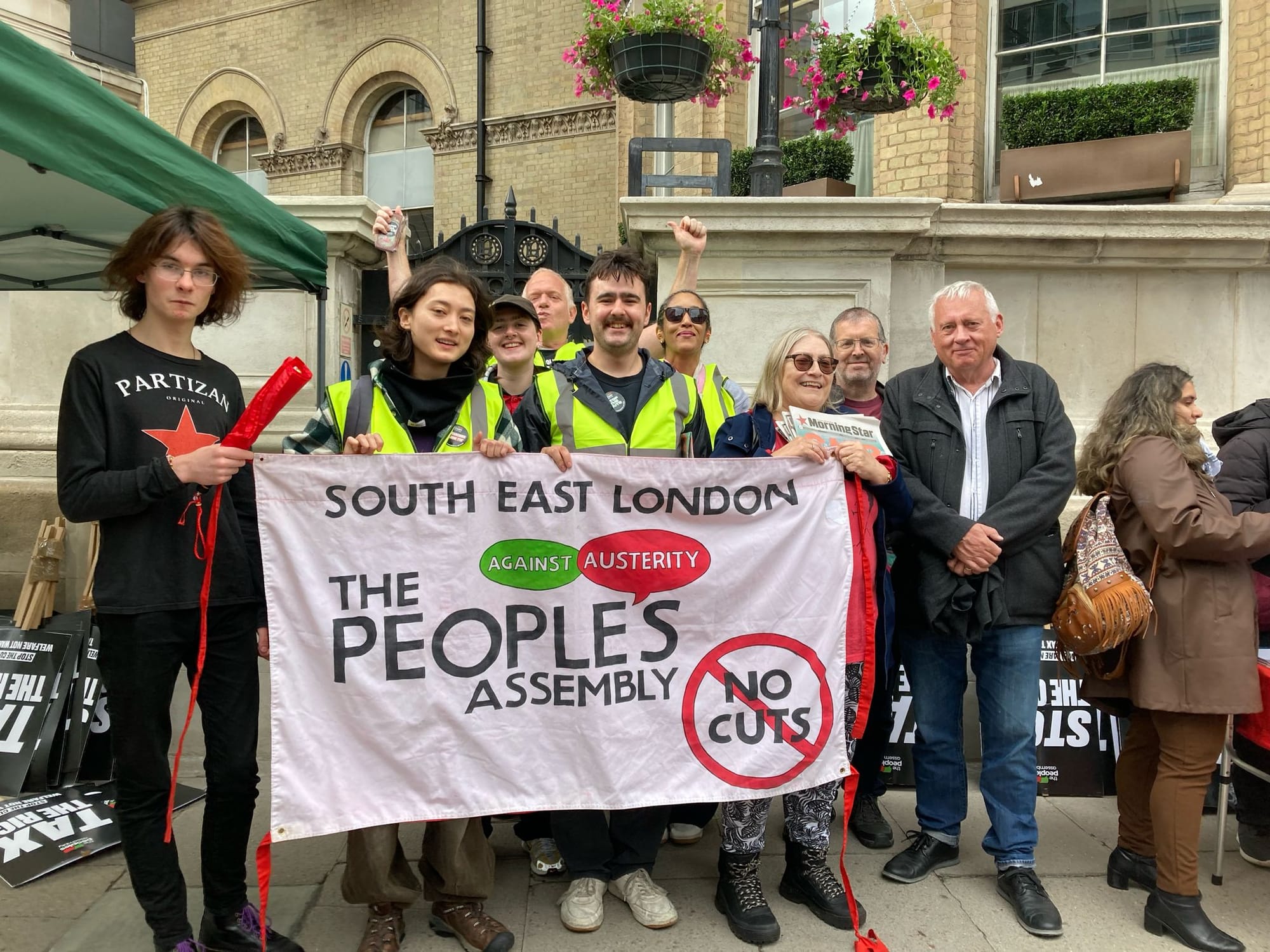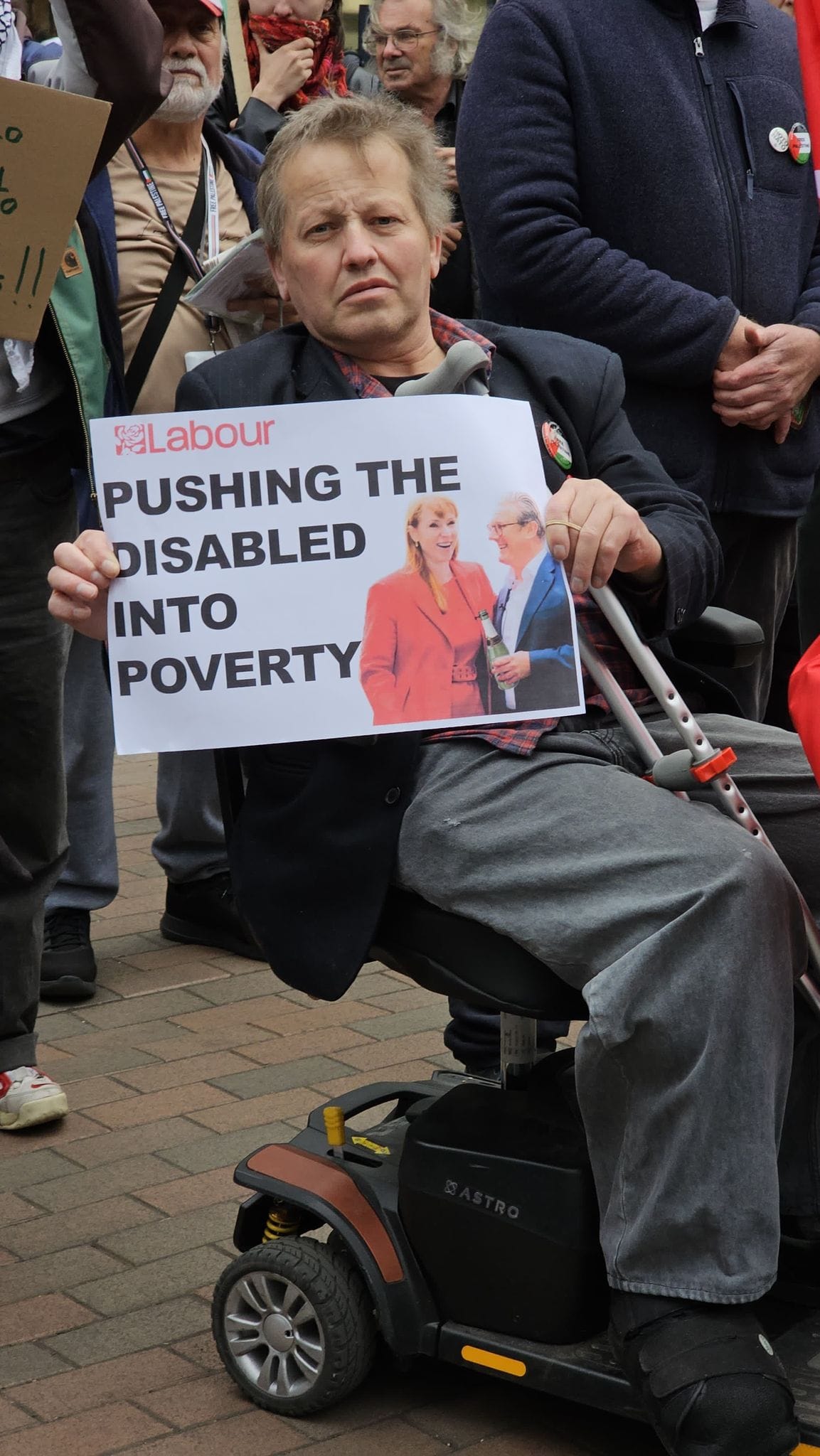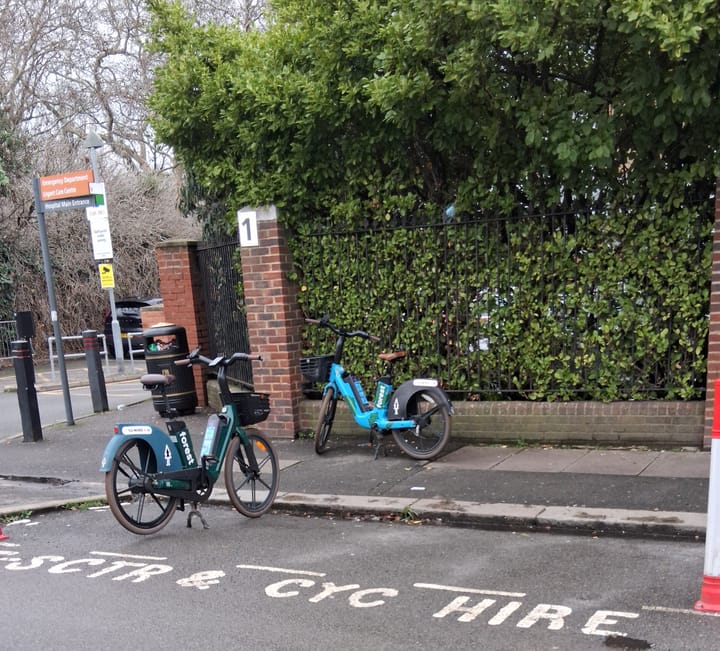Vicky Foxcroft resigns Labour whip over disability benefit cuts
Lewisham North MP Vicky Foxcroft said that she cannot vote for cuts to disability payments. Lewisham campaigners, alongside several Lewisham Labour councillors, have been protesting the cuts since March.

Vicky Foxcroft resigned from the Labour front bench yesterday, saying she was unable to vote for the disability benefit reforms.
She said that her experience as a shadow minister for Disabled People had a profound impact on her:
"I knew life was difficult for disabled people, but via my engagement with disabled people and their organisations I would learn that it was even tougher than I had imagined."
The government has presented the cuts, outlined in the Green Paper: Pathways to Work - Reforming Benefits and Support to Get Britain Working, as a way to address the UK's rising number of people who are not "economically active".
Foxcroft said that she believes in "supporting more disabled people into work" but that she does not believe that the proposed cuts are the way to do this.

The SE People's Assembly, alongside Lewisham Disabled People against the Cuts (DPAC) and Lewisham TUC have been protesting the cuts since they were announced in March.
Under the slogan Welfare not Warfare, they mobilised hundreds of Lewisham residents to email their ward councillors, urging them to oppose the government's plans and to convince Vicky Foxcroft to take a public stand.
Volunteers leafletted across the borough and several Lewisham councillors joined the protest against the cuts outside the council's AGM on 7th May.

The government has presented the Pathways to Work paper as a response the UK's disproportionately high number of people who are not in work.
But economists have offered other explanations. They have pointed to underfunded and struggling NHS services, an increase in chronic conditions (including long Covid) and long waiting lists.
This includes unmet need for mental health services - demand soared during the pandemic and stayed high, particularly affecting young people.
Disabled people have responded to the government's proposals, saying they do nothing to remove the real barriers that disabled people face in getting into work - including accessible travel, accessible buildings and availability of part-time work.
Disability researcher Richard Amm said: "The only way the government's logic .. works is with an underlying assumption that disabled people are faking their disabilities."




